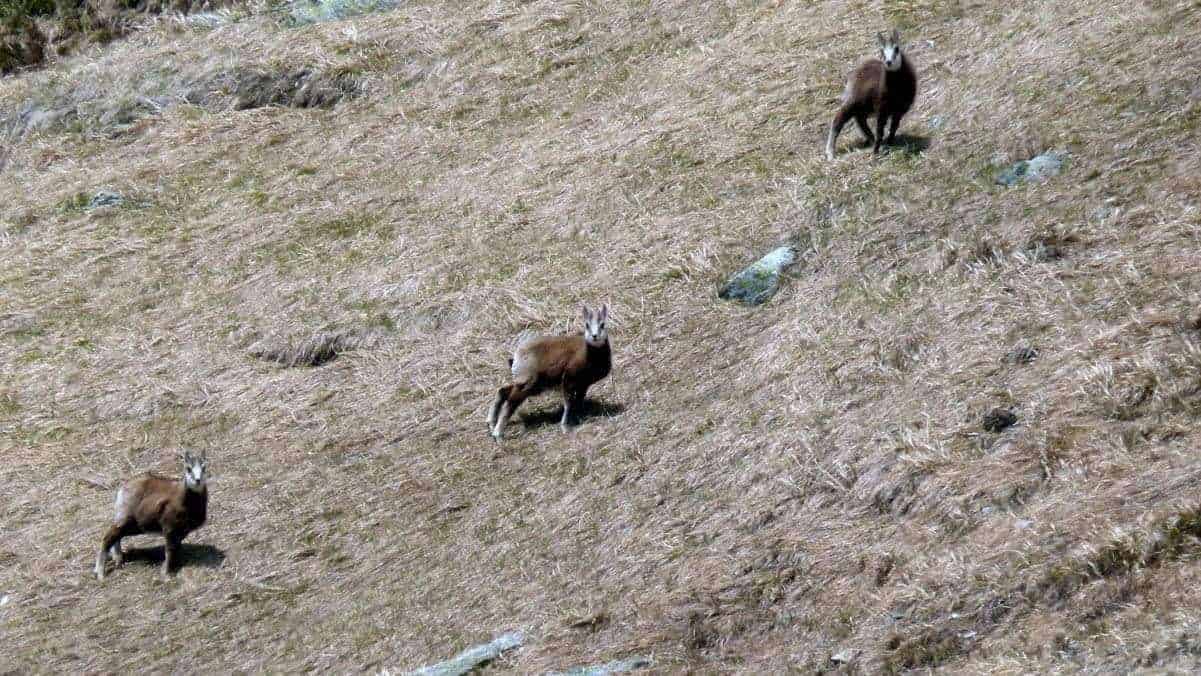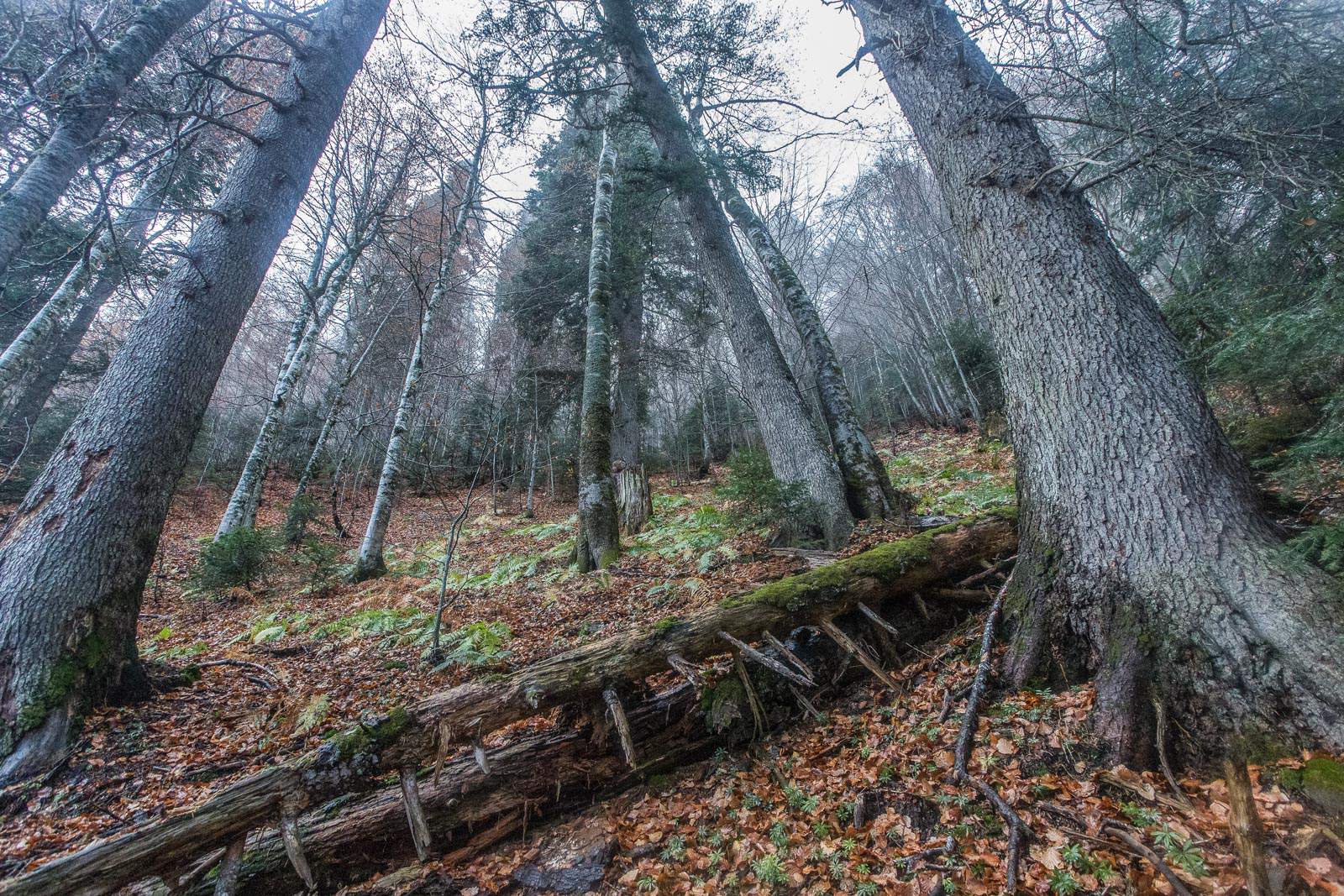European Beech Forest Network response to UNESCO Complaint
The European Beech Forest Network expresses its concerns regarding the latest accusations against the Romanian government. It emphasises its arguments and claims presented in its resolution formulated at the last meeting on the isle of Vilm and reiterates that it:
- Recognised that the management of the extended serial World Heritage property, which – with 78 component parts in 45 protected areas in 12 countries – is the most complex and ambitious in the UNESCO portfolio, requires extraordinary efforts.
- Expressed their serious concerns that the observed problems of unsustainable logging and forest degradation in the Carpathians, where the largest old-growth beech forest remnants are located, seem to have accelerated and aggravated in the last year.
- Concluded that there must be a concerted pan-European effort to safeguard the last oldgrowth beech forest ecosystems in times of rapidly growing global demands for timber and tree biomass.
- Addressed the insufficient capacities in many protected areas needed for effectively meeting the management obligations arising from the World Heritage Convention.
- Reminded that the joint management of a serial site must include the active exchange of and cooperation between experts amongst all the sites empowering the staff of the protected areas.
- Echoed the requests formulated by the UNESCO World Heritage Committee in their decision on the extension of the serial property , especially referring to conserving the functionality of the forests in the component parts and their surroundings, and implementing an effective buffer zone management; this especially means that local entities and stakeholders need substantial support for safeguarding the integrity of the component parts and making use of their potential for socioeconomic development.
- Underlined the risk of the World Heritage property being put to the red list if the requests expressed in the World Heritage Committee decision 41 COM 8b.7 are not decisively addressed by the States Parties in a timely manner.
- Reminded that shortcomings in the trilateral management of the site between Ukraine, Slovak Republic and Germany should be an incentive to strengthen and institutionalize both international cooperation and strategic development for the serial transnational property.
- Suggested an improved integration of the various management levels from the Joint Management Committee, the national coordination bodies, the managers of the protected areas as well as the local stakeholders.
- Demanded the States Parties to the serial World Heritage property to establish a permanent and effective secretariat as mechanism for its integrated management as well as to ensure long-term sustainable financing (such as potentially setting up a trust fund).
- Encouraged the States Parties to incorporate the conservation of UNESCO World Natural Heritage into national legislative frameworks.
- Offered to further contribute expertise and capabilities of the European Beech Forest Network and its members to the management of the World Heritage property.
As representatives of the board, signed by
Prof. Dr. Hans D. Knapp, European Beech Forest Network e.V., Germany
Prof. Dr. Pierre Ibisch, HNE Eberswalde, Germany
Marcus Waldherr, HNE Eberswalde, Germany
Please also read: 1st General Assembly of European Beech Forest Network
Stay up to date on the Wilderness news, subscribe to our Newsletter!







